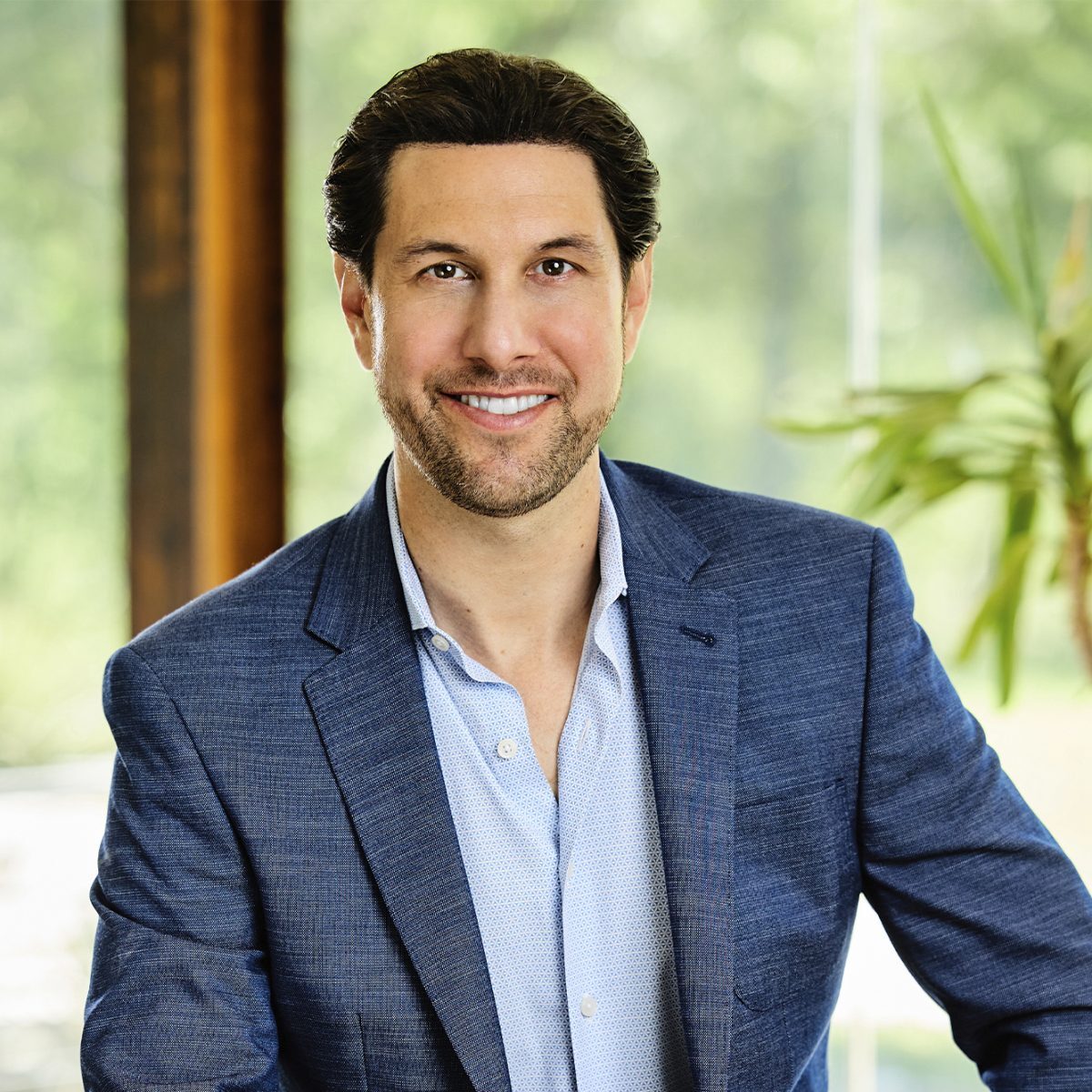Creating Impact for Culturally Diverse Residents
Member Spotlight – Comunidad Partners

Antonio Marquez is Co-founder and Chairman of Multifamily Impact Council and Founder, Principal and Managing Partner at Comunidad Partners, a diverse investment manager that is exclusively focused on workforce and attainable housing. At its core, Comunidad is a people-serving business at the nexus of Housing, Impact, and PropTech. Marquez also serves on the National Multifamily Housing Council (“NMHC”) Officer’s Board as Secretary and Chair Emeritus of the Workforce Housing Committee.
From an impact perspective, why is it important for multifamily property managers to address cultural diversity among their residents?
Appreciating and serving residents’ cultural diversity and their needs is an important customer service imperative that enables property management teams to add value to the multifamily communities they serve. Recognizing and celebrating different cultures enhances a sense of belonging, understanding and welcoming. This deepens the connection between the residents and the community, which fosters retention, improves resident satisfaction, and has a positive impact on the individuals and families at the property as well as the surrounding community.
Investing in residents through understanding the cultural nuances translates into improved property performance and, thus, attractive risk-adjusted returns for investors. It is a key component to our ongoing efforts to establish Comunidad as an enduring force for good and marrying that with a sustainable business model.
What are some best practices for impact among this cohort?
At Comunidad, we partner with our residents, impact service providers, and property-level staff to create long-term value for all stakeholders. We bring tailored hybrid services to residents at each of our communities and accelerate them through technology that allows the service offering to scale. These services are built through feedback from residents and an understanding of the social determinants of health and well-being for these communities.
Many of our residents have expressed that they face challenges affecting their access to health and wellness, economic equity, and education. One of our goals is to make these social pillars more accessible to individuals and families at our properties through social impact programs such as virtual healthcare, on-time rental payment reporting to credit bureaus to increase residents’ credit scores, and tutoring and other educational programs.
Healthcare is a top household priority for residents. We partner with non-profit service providers to bring services such as telehealth programs, which has allowed us to deliver sustainable health solutions to residents, enhancing the lives of those who are underinsured or completely uninsured. In 2023, 94% of households at our communities had access to Teladoc. This allows nearly all our residents to have healthcare access without needing to travel, saving time, reducing healthcare costs, and increasing access to health equity and medical care.
Access to the financial system is another struggle for many of Comunidad’s diverse residents. Cultural backgrounds and previous experiences have generated mistrust of financial institutions. According to Brookings Institute, 46% of Black Americans and 32% of Hispanic Americans are unbanked or underbanked, which is significantly higher than the national average. In 2023, after participating in the credit-reporting program we offer through our partnership with Esusu, 74% of our residents increased their credit score, with an average 155-point increase, and 1,251 formerly credit-invisible residents established new credit scores. This improvement means that residents who have previously been underserved by the banking industry now have better access to credit, and can gain access to auto loans, student loans, and a home mortgage if that is part of a resident’s long-term goal. A 155-point increase can mean the difference between a subprime credit score and a prime credit score translating to significantly lower interest rates and lower monthly expenses.
Also, quality education is often difficult for folks of diverse background to obtain in the U.S., which can be extremely detrimental to their future. Comunidad partnered with IRC to bring English as a Second Language (ESL) classes onsite to one of Comunidad’s assets through funding from the Department of Education Workforce Innovation and Opportunity Act Program. About 68% of students in the class arrived in the U.S. less than a year ago, and another 15% arrived between one to two years ago. Many of these residents face significant language barriers, which hinder their ability to find stable employment and connect with their new community. This partnership brings culturally relevant services to the property and the clubhouse space. In addition to ESL classes, the property also hosts an in-person after-school program and virtual tutoring delivered by Learn to Be. The afterschool program serves around 30 children every week, and 82 children at the property have enrolled in virtual tutoring. In total, 739 tutoring sessions were completed throughout our portfolio last year, including 43,273 minutes of tutoring in the essentials of reading, math, and English.
Social programs like these, which address the biggest challenges that residents of diverse cultures face, tend to have the highest level of impact at our communities.
What should property managers be careful to avoid when addressing cultural diversity?
Avoid a one-size-fits-all approach to cultural diversity. There is an industry term known as KYC which means know your customer. It’s a simple but foundational concept. Understanding the nuances of the culture of a multifamily community and creating an environment that welcomes residents and addresses needs translates into value creation and trust. People respond to people, and when you can bridge that divide in understanding people’s cultural idiosyncrasies, needs, wants, and dreams, then you come that much closer to building connections and relationships that add value over the long-term.